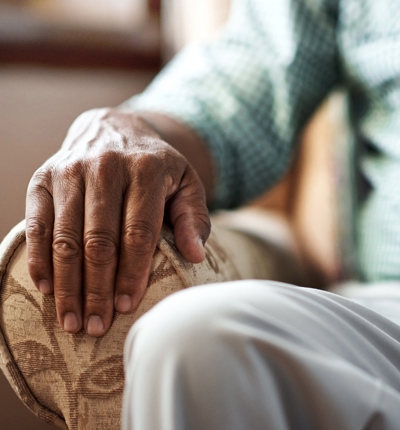
High Court ruling in Avery Homes equal pay claim allows case to move forward
The High Court has made a ruling in the equal pay claim for over 75 female care home workers against Avery Healthcare
Posted on 07 June 2019
The court ruling determines what work the female claimants working at the care homes will be allowed to rely on when their job roles are compared to maintenance operatives to determine whether they are of equal value.
In their equal pay claims, the claimants – who are predominantly care workers - contend that their work is of equal value to that of the male maintenance operatives working for Avery Healthcare, who are paid at higher hourly rates than them. The maintenance operatives carry out tasks such as plumbing, electricals and general maintenance at the care homes. The claims, some of which go back up to 6 years, could see the claimants recover thousands of pounds in back pay they have been denied.
The claimants, who are members of the GMB union and are represented by law firm Leigh Day, all work or have previously worked for various care homes that are either owned or were once owned by Avery Healthcare - one of the biggest providers of residential and nursing care for the elderly and have a total of 58 homes nationwide.
The hearing, which was heard before Mr Justice Lavender in February 2019 at the High Court, determined what work was carried out by both the claimants and their comparators. Both sides put forward job descriptions listing the tasks and responsibilities of each role. A number of the claimants gave evidence about their job roles at the hearing. Managers from Avery Healthcare also gave evidence about the work that the maintenance operatives are expected to carry out.
Some of the issues determined in the claimants’ favour by the High Court include:
- that when the care home was understaffed it increased the work pressure and it became part of the claimants’ role to deal with any increased pressures that arose as a result of any understaffing, which in turn led to competing demands and called for creativity in getting the essential tasks done to the required standard.
- all of the claimant roles within the care home were exposed to risk of anti-social behaviour, mental and verbal abuse, physical threats and physical violence from residents with dementia and that the risk to carers was greatest when carers carried out personal care tasks in close proximity to residents who had dementia.
- that Care Assistants were capable of using their own knowledge and experience when it came to dealing with conflicting priorities when deciding which tasks needed prioritising and that they were also capable of deciding in which order they should carry out care activities without having to rely all the time on the instructions of the senior carer who was in charge.
The judgment, together with detailed job descriptions for each of the lead claimants and the comparators, will now be sent to an independent expert appointed by the court. The expert’s report will then assist the court in reaching a final judgment in determining the question of equal value with a final hearing listed in 2020.
Equal pay claims have three stages (i) whether the roles are comparable, (ii) whether the roles are of equal value, (iii) whether they are any other material factors preventing them from being paid equally. In this case against Avery Healthcare both sides agreed that the roles were comparable.
Susan Harris, Legal Director at the GMB welcomed the majority of the findings in the judgment saying that:
“We are glad that the court has given some clarity regarding the tasks and responsibilities that our members carry out in their daily job roles. Our members carry out an invaluable service looking after vulnerable individuals and the Court’s judgment provides a glimpse into the demands of how challenging and demanding carrying out such work can be. It is only right that they are properly rewarded and not underpaid because of their gender.”
Michael Newman, a partner at Leigh Day representing the claimants added:
“Carers provide such a vital role in our society and given that it is a role predominantly done by women the potential for discrimination is huge. This judgment is an important step in deciding whether these jobs are of equal value, and we now look forward to the next stage in the case where an independent expert will score the jobs.”
Leigh Day is currently representing over 35,000 supermarket workers in equal pay claims against the top five supermarkets – Asda, Sainsbury’s, Tesco, Morrisons and The Co-Op. More information about these claims can be found at Leigh Day’s dedicated equal pay website EqualPayNow.co.uk

